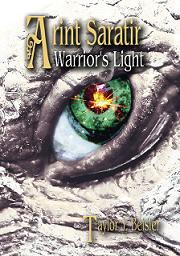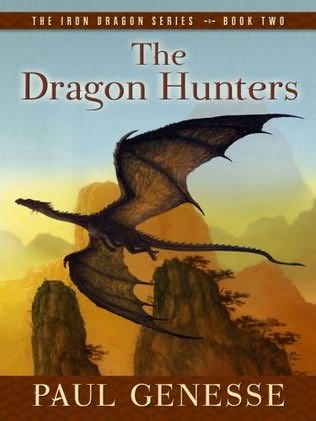Teen Author’s Debut Novel Takes Flight on a Never-Before-Seen Adventure
Travel into the creative mind of teenage author, Taylor Beisler, as she unravels a world filled with adventure, conflict, mystery and death— Arint Saratir: Warrior’s Light.
Imagine a world beyond any other, where time continues to sift through the hands of a young man, named Airsing. This boy is destined for greatness, but all he wants is to fit in; he does indeed fit, but in something veiled from the present. His fate collides with a young man, called Xavier, who has to make a grave choice to survive, but which path does he take?
 Airsing has the same decision when faced with the opportunities to endure or surrender, but which road does he travel? Dare to come across a realm you have never envisioned, as you join them on this life-threatening journey, but be warned: this series doesn’t end as their path would lead you to believe. A dragon rider, a betrayer, and a small company of friendship combine to threaten this evil time where the dark lord, Arkt, is fighting to take over their world. What happens next? The end is never so clear….
Airsing has the same decision when faced with the opportunities to endure or surrender, but which road does he travel? Dare to come across a realm you have never envisioned, as you join them on this life-threatening journey, but be warned: this series doesn’t end as their path would lead you to believe. A dragon rider, a betrayer, and a small company of friendship combine to threaten this evil time where the dark lord, Arkt, is fighting to take over their world. What happens next? The end is never so clear….About the Author: Taylor Beisler lives in Louisville, Kentucky, where she enjoys running and soccer. Miss Beisler coined a phrase that she lives by, “If you can’t find a good book to curl up with, then write one!” and that’s exactly what she did in this skillfully written debut, filled with ingenious adventures.
You can find out more about Arint Saratir at the book's webpage and at the author's website.
For media inquiries, appearances, or other publicity — please contact:
Taylor Beisler - taylorbeisler[at]insightbb[dot]com














